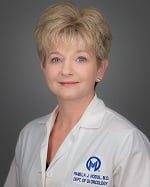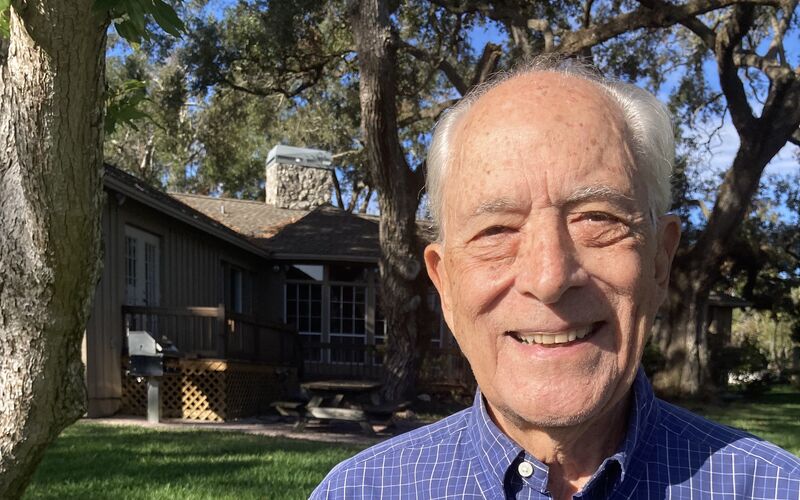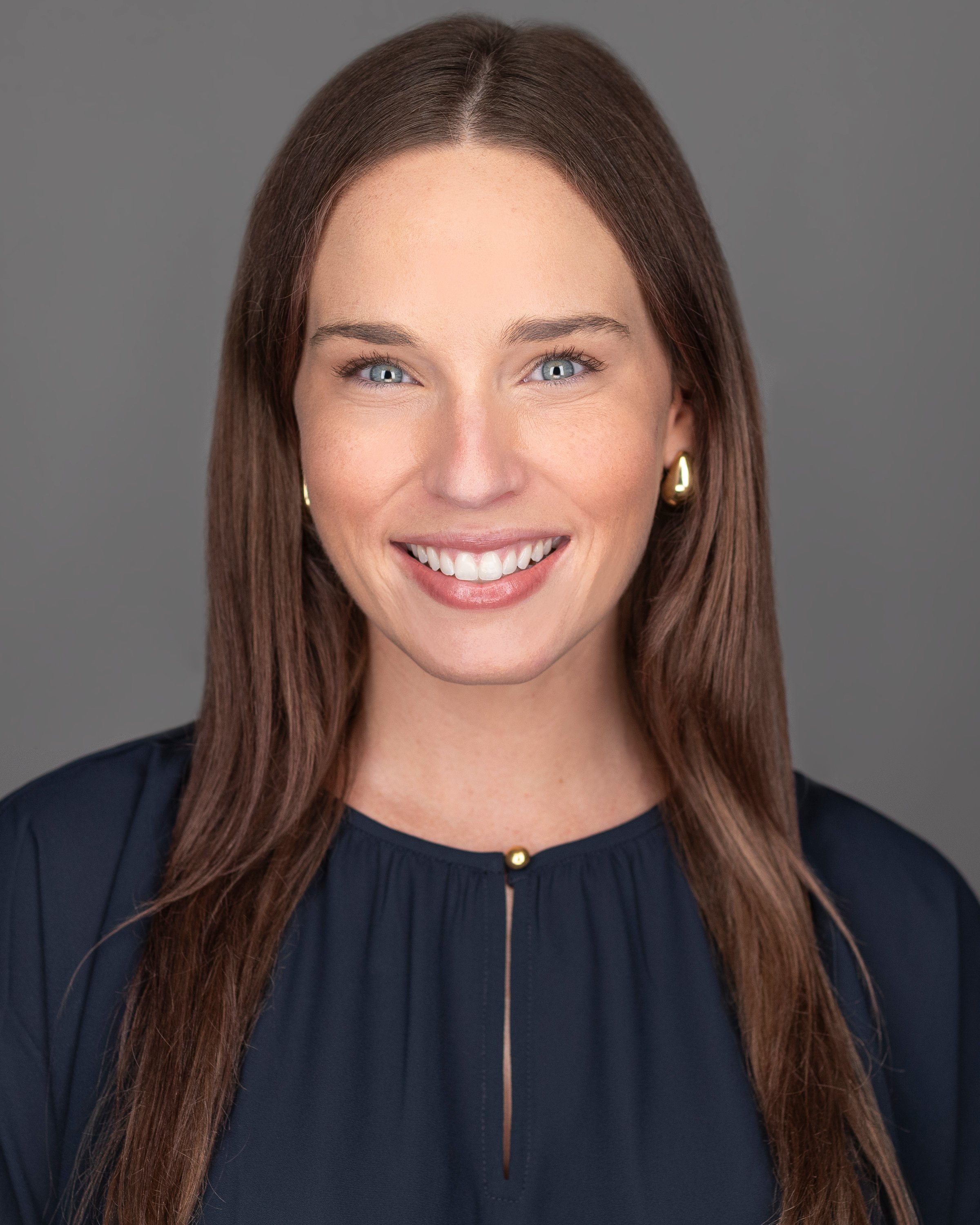Pancreatic Cancer Patient Defies the Odds
Back in the day, Thad Lowrey was known for his ad-lib skills and quick-fire phrases. He worked in radio for more than 30 years as a broadcaster. He hosted a show called “Open Line” for a local New Port Richey station. Now, at the age of 87, Lowrey is known by his gastrointestinal surgeon at Moffit Cancer Center, Pamela Hodul, MD, as a true testament to the saying “age is just a number.”
Lowrey hosted his first radio show in the 1970s.
Before Lowrey was diagnosed with pancreatic cancer over the summer, he had never had an overnight stay in a hospital. A tumor at the head of his pancreas caused Lowrey to develop jaundice, which is what initially alerted him that something was wrong. Jaundice can cause yellowing of the skin and the white of the eyes (sclera) along with weight loss.
“His case was special because there was an incidental finding of an abdominal aortic aneurysm,” Hodul said. “He had an endovascular aneurysm repair and then about a week later he was given the OK to have his Whipple procedure.”
Whipple surgery is commonly used to remove tumors in the pancreas. The procedure removes parts of the pancreas and nearby tissues or organs that are affected by the cancer.
Throughout his recovery, Lowrey’s children and wife were by his side every step of the way. “I don’t know how some people survive this if they don’t have family support,” Lowrey said. “It is so critical.”
Lowrey is now undergoing chemotherapy. He credits his loved ones and Hodul for saving his life. “I am optimistic we are going to get through this. Just because I am 87 doesn’t mean I can’t have another 10 years,” Lowrey said.

While there are no standard screening protocols for pancreatic cancer, doctors like Hodul recommend screening for those at high risk. Risk factors include certain genetic syndromes such as Lynch syndrome and BRCA2 gene mutation, diabetes, a family history of pancreatic cancer and a diagnosis of a pancreatic cyst.
A recent study published in JAMA Oncology compared the survival of patients with surveillance-detected pancreatic ductal adenocarcinoma, the most common type of pancreatic cancer, with national data. Researchers found selective surveillance of individuals at high risk for pancreatic cancer may improve clinical outcomes.
“Pancreatic cancer is treatable and there are a lot of promising treatments on the horizon, and many of these are being used in clinical trials. It certainly is an active area of investigation and development,” Hodul said.




